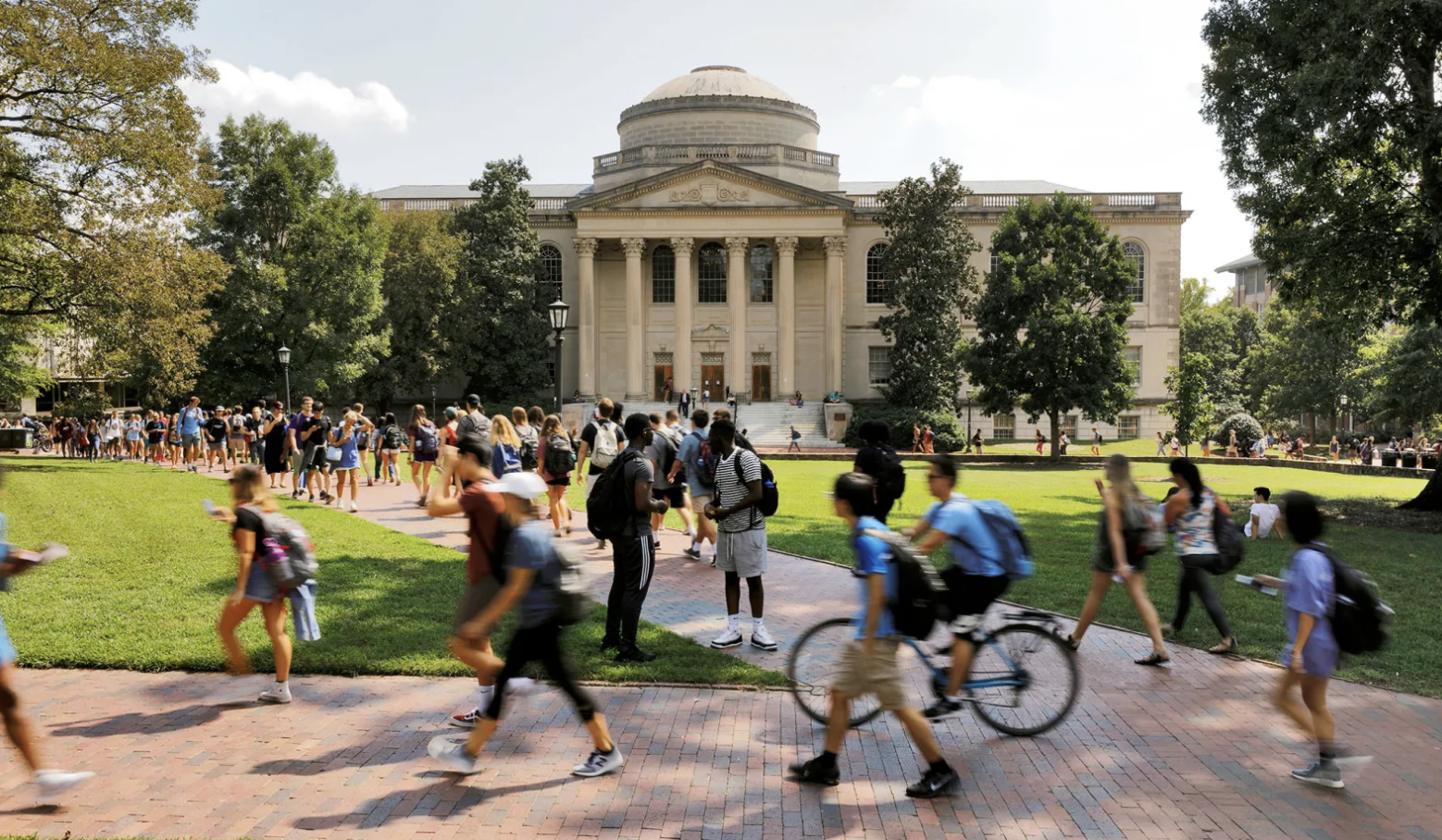By: The Editors – nationalreview.com – May 16, 2024
The sooner we can talk about this poisonous ideology in the past tense, the better.
It was a great racket while it lasted, but so-called diversity, equity, and inclusion (DEI) initiatives have spent the last year in retreat — compelling the practitioners of discriminatory “social justice” to conduct a flailing rearguard action in a flight to more defensible terrain.
Last year, Republican lawmakers in states including Florida, North and South Carolina, Texas, and Ohio passed laws proscribing the invidiously prejudiced hiring practices DEI advocates insist upon, and they blocked in-state schools from imposing racial and ideological litmus tests on their students. The Supreme Court found that explicitly racially conscious college admissions were flatly unconstitutional. And the private enterprises that committed vast sums to mollifying the activist class by parking DEI functionaries in sinecures within their human-resources departments began paring back their beneficence. As NPR reported last August, the job-posting index Indeed saw DEI-related job postings decline by 38 percent over the first half of 2023 — a trend that has only accelerated in the intervening months.
The counterattack against DEI by Americans committed to colorblindness rather than meting out cosmic retribution to those with disfavored accidents of birth compelled the activist class to retreat to its final redoubt — higher education. But even there, DEI is under siege. And there’s increasing evidence that it is losing the fight.
This week, the University of North Carolina at Chapel Hill’s Board of Trustees voted to cut funding for the school’s DEI initiatives in the coming year’s budget. To add insult to the injury, the board stipulated those $2.3 million are to be diverted to the campus’s public-safety and policing departments instead. “It’s important to consider the needs of all 30,000 students, not just the 100 or so that may want to disrupt the university’s operations,” the board’s budget committee chairman, Marty Kotis, said curtly.
Kotis was referring to the handful of protesters who have disrupted UNC’s campus in the same way anti-Israeli demonstrators at colleges and universities across the country have disrupted theirs. But he might have been talking, too, about the ideology to which those demonstrators are beholden.
DEI’s embittering pseudo-academic framework establishes in the minds of its adherents a racial hierarchy and sorts Americans into oppressed and oppressor camps. That is the same implicit prejudice that has led too many students to erase the distinction between Israelis, Zionists, and Jews. It is an ideology that prescribes negative as well as positive discrimination to right perceived historical wrongs. It justifies all manner of antisocial conduct in the pursuit of that perverted notion of justice, including the emotional blackmail and extortion that siphons funds from institutional operating budgets to support the DEI consultancy. UNC Chapel Hill has finally had enough of this game, and they’re not alone.
In March, the University of Florida announced that it had summarily “closed the Office of the Chief Diversity Officer, eliminated DEI positions and administrative appointments, and halted DEI-focused contracts with outside vendors.” The school’s announcement was an outgrowth of its compliance with state-level law prohibiting the use of funds, including private donations, to support DEI initiatives. But the state university-system president, former senator Ben Sasse, wasn’t just going through the motions.
“Rather than engage a wide range of ideas with curiosity and intellectual humility, many academic disciplines have capitulated to a dogmatic view of identity politics,” he wrote in a May 3 Wall Street Journal op-ed. “With little regard for historical complexity, personal agency or individual dignity, much of what passes for sophisticated thought is quasireligious fanaticism.”
With pupils transformed into zealots, whose ignorance is matched only by their capacity for menace, Sasse correctly observed that the fruits of their miseducation “are now on full display.”
Even prestigious private universities are feeling the pressure. Earlier this month, Massachusetts Institute of Technology president Sally Kornbluth confirmed that the school would no longer impose so-called “diversity statements” on prospective hires. “We can build an inclusive environment in many ways, but compelled statements impinge on freedom of expression, and they don’t work,” she said in a statement. That reform is long overdue.
Diversity statements amount to the imposition of ideological litmus tests on faculty and non-faculty administrators alike, compelling them to pledge their fealty to a series of conceptual frameworks to which they may not subscribe. Before they are brought on board, academicians are made to “demonstrate” how they intend to pursue “equity-minded practices” and “provide specific examples” of their “commitment to diversity and equity” — supposedly voluntary contributions that everyone knows are both mandatory and prohibitive obstacles to employment if these questionnaires produce a wrong answer.
The DEI experiment didn’t get its start amid the revolutionary upheavals that convulsed the country in 2020, but the widespread adoption of DEI best practices accompanied that spasm of national self-flagellation. Its rollback has been a slower process, but a welcome and healthy one. DEI is frankly incompatible with the American ethos. The sooner we can talk about this poisonous ideology in the past tense, the better.
To see this article in its entirety and to subscribe to others like it, please choose to read more.
 Listen Online
Listen Online Watch Online
Watch Online Find a Station in Your Area
Find a Station in Your Area








 Listen Now
Listen Now Watch Online
Watch Online
